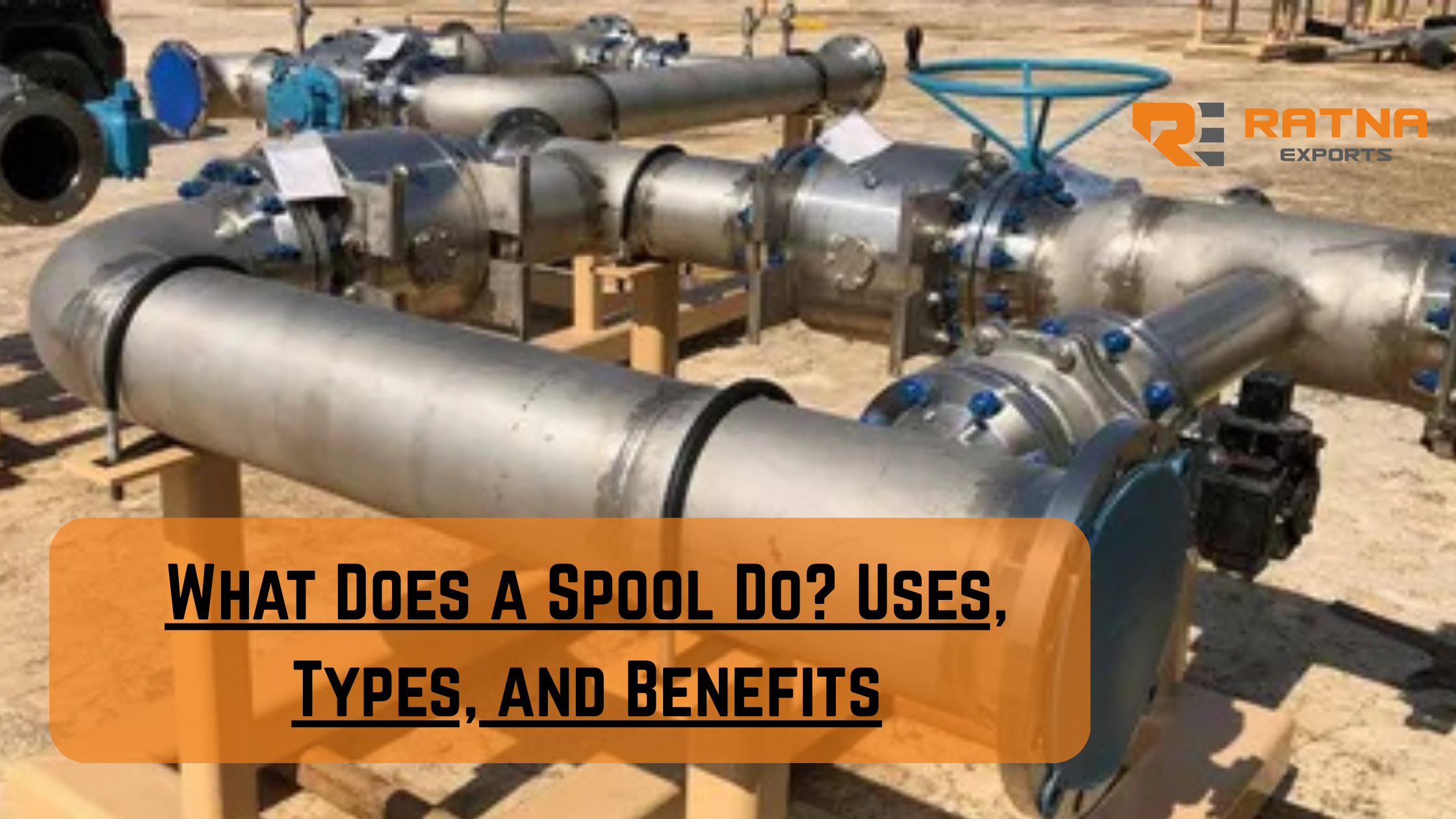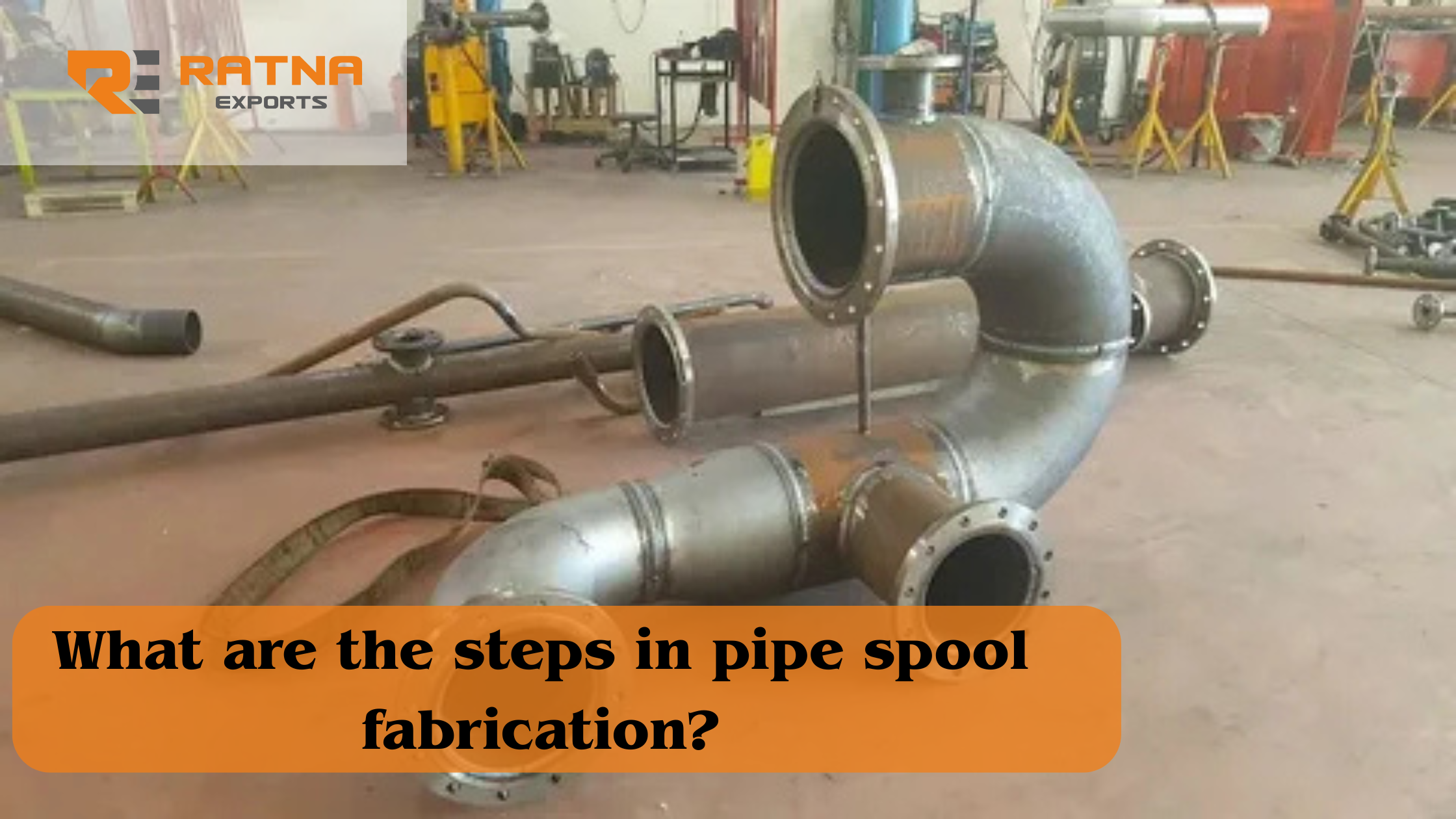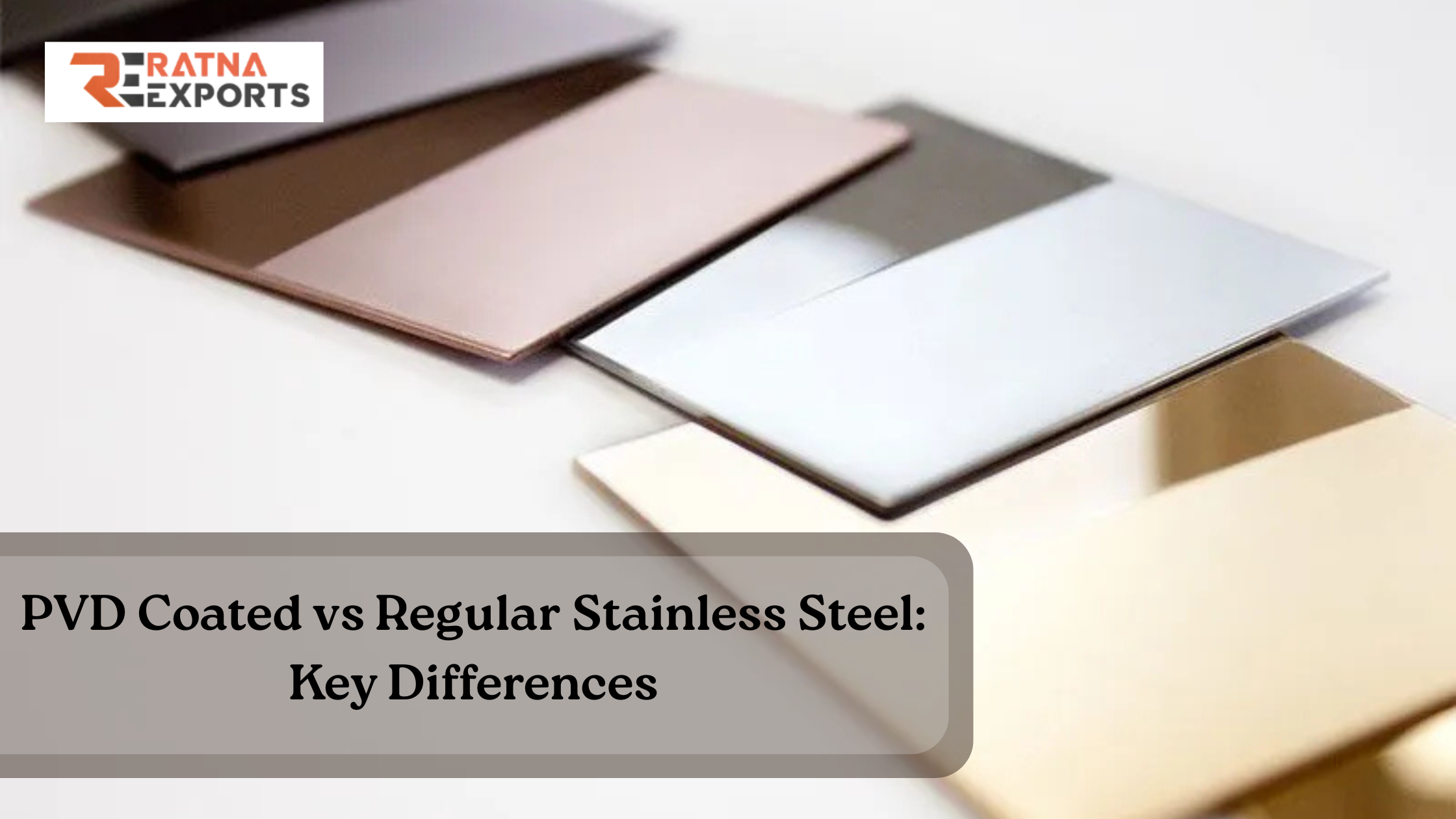In any industrial piping project, the smallest components often make the biggest difference. One such component is the pipe spool. A spool is a prefabricated piece of piping used to connect sections, fittings, and equipment. It guarantees that systems fit together properly and saves time and effort during installation. Pipe spools are essential in industries like oil and gas, petrochemical, power generation, and water treatment. They bring speed, safety, and accuracy to projects where even small mistakes can be costly.
What is a Pipe Spool?
A pipe spool is a ready-made section of piping. It includes pipes, flanges, elbows, tees, and other fittings. These parts are welded or bolted together in a controlled workshop before being delivered to the project site.
Prefabrication offers big advantages as it reduces the need for on-site cutting and welding. Workers can simply install the spools like puzzle pieces. This speeds up construction, improves quality and lowers risks during installation.
What Does a Spool Do in Piping Systems?
In piping systems, a spool serves as a vital connecting component that links long runs of pipes with valves, pumps, and other equipment. By prefabricating sections in workshops, spools make assembly and disassembly much easier, allowing maintenance or replacement without dismantling large parts of the system. They add flexibility to installation, enabling engineers to adjust layouts or upgrade components quickly. Prefabrication also reduces the need for welding and cutting at the construction site, lowering labor requirements and minimizing safety risks. In practice, spools are utilized in projects, such as refineries or offshore platforms where pre-made sections may be quickly fitted during shutdowns, assuring the accuracy, safety and timely completion of the piping system.
Uses of Pipe Spools in Different Industries
Oil and Gas Industry
Pipe spools are used in offshore platforms, refineries, and cross-country pipelines. They transport crude oil, gas and refined products. Durability and corrosion resistance are critical because of harsh marine and chemical environments.
Petrochemical Plants
In chemical plants, spools handle acids, solvents, and high-temperature fluids. Coatings or special alloys protect the spools from damage. Reliable spools reduce leaks and keep operations safe.
Power Generation
Thermal and nuclear plants use spools to circulate steam, cooling water, and other fluids. Precision spool fabrication ensures that systems operate safely at high pressures and temperatures.
Water Treatment and Distribution
Spools play an important part in municipal pipelines, sewage treatment plants and desalination facilities. They link pumps, filters, and pipelines to ensure that water flows smoothly.
Types of Pipe Spools
Pipe spools differ depending on design and application. Here are some of the types mentioned below.
- Flanged spools: These spools have flanges on both ends. They enable quick assembly and easy replacement during maintenance.
- Welded Spools: Welded spools are joined permanently. They provide high strength and are common in high-pressure systems.
- Coated or Lined Spools: Some spools are coated with epoxy or lined with rubber, glass, or other materials. This protects them from corrosion and abrasion in chemical or slurry services.
- Custom-Engineered Spools: Complex projects often require custom-made spools. These are made to precise dimensions to match unique layouts or special situations.
- Benefits of Using Pipe Spools
- Time and Cost Savings: Prefabrication reduces onsite labor and speeds up installation. This lowers total project costs.
- Higher Accuracy and Quality: Workshop manufacturing guarantees precise dimensions, and superior weld quality. Every spool is tested before delivery.
- Enhanced Safety: Less welding onsite means fewer fire hazards. Workers spend less time in risky environments.
- Flexibility in design and maintenance: Spools can be replaced or upgraded with minimal inconvenience. This makes systems easier to manage and expand.
Choosing Reliable Pipe Spool Manufacturers in India
The right supplier is as vital as the spool itself. Reliable pipe spool manufacturers in India produce products that meet high international requirements and ensure safety and performance. A good manufacturer should have proper certifications and proven industry experience, along with access to high-quality raw materials from trusted mills. Advanced fabrication facilities and skilled workers are also critical for obtaining precision in each spool. Testing is also crucial as before shipping, spools must be confirmed to be strong, able to withstand pressure, and resistant to corrosion. On-time delivery and clear communication add to the reliability of a supplier. If you are searching for a trusted partner, check out this spool piping fabrication supplier.
Conclusion
Pipe spools may look simple, but they play a huge role in modern industry. They connect pipes and fittings, make systems easy to build, and allow smooth maintenance. From oil rigs to power plants and water pipelines, spools are everywhere.
Industries can choose from flanged, welded, coated and customized spools. The advantages are clear: quicker projects, reduced expenses, more safety and long-term reliability.
For businesses in India, choosing the right manufacturer ensures strong performance and peace of mind. As industries grow, experienced pipe spool manufacturers in India will keep supporting projects with precision and quality.




